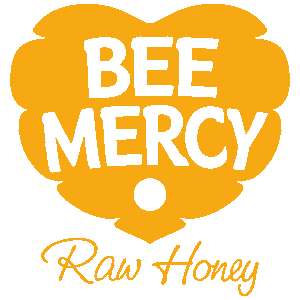The use of the word ‘Raw’ is a relatively new phenomenon and it can be interpreted as meaning ‘Real’. Like in most things we seem to be going full circle. We have traditions and cultures that have, for thousands of years, consumed natural foods. Then along comes the idea that if we modify things they will last longer and be more appealing. After this, we realize that these very things can be harmful or non-beneficial then we revert to the original pattern of eating ‘real’ food. It is easy to see the benefits of GM foods, they cost less, last longer, and have resilience against insects. There is also the benefit of being able to produce more at a more efficient rate. However, this is at the cost of nutritional value. In essence, we can be eating all the food we want but we can still be starving nutritionally. So along comes the birth of vitamin tablets and an industry is born. It’s an interesting phenomenon. You see if we eat the right nutritional foods we won’t have to eat so much and we will get all the body needs from just a few food sources.
So what does it mean when it comes to honey? There are many things that a beekeeper needs to do and it is a complex setup, but once it is in place it’s just a matter of observation and the bees do all the work. The issue is not with the bees, it's with the processing of the honey after it is extracted from the hive.
Let us look at some different types and break down what it means,
Pure Honey from EU and Non-EU countriesThe words ‘Pure Honey’ is a distraction. It might mean that nothing has been added to it but it does not mean that things have been taken away. When it states that it is from EU and Non-EU countries it means that the honey has been collected from all over the world and brought together. This leads to understanding a few processes the honey goes through.
As there is pollen present from all over the world it needs to be removed so you can’t trace the location. This is done by ultra-fine filtering. This process removes all the smaller particles such as pollen and other goodness. It also slows down the crystallization process.
The honey is essentially blended and they blend them with pasteurization. This process is when they boil it to around 70-80 degrees.
There are two main problems with this.
- You do not get the benefit of pollen in the honey
- All the natural goodness such as Enzymes are removed.
So essentially all you are left with is the sweet side of honey and the nutritional value is greatly reduced.
Organic Natural Honey
Your honey might be certified Organic but that doesn’t mean it’s not pasteurized unless it states it’s ‘Cold Pressed’ or ‘Raw’. The EU guidelines are exactly what they say ‘Guidelines’. Certification can be very expensive, time-consuming and an ongoing process. Many keepers steer clear of it due to its bureaucracy and see it as just a profit-increasing instrument and in essence, it is almost near impossible to get true organic honey.
Manuka Honey
This is honey from the New Zealand/Australia Tea Tree. There are 1,700 tonnes produced annually but some 10,000 tonnes being consumed globally with 1,800 tonnes being consumed in the UK. Recent investigations have found that many labels claiming to be Manuka do not contain the relevant amounts. In addition, there have been reports of turf wars and vandalization of hives by competition. Also, just because it’s Manuka Honey doesn’t mean it’s unpasteurized or not ultra-fine filtered.
Raw/Cold Pressed Honey
This is honey that has not been pasteurized, blended, ultra-fine filtered, or had anything added or taken away. It contains all the natural goodness and benefits.
Bee Mercy Raw Honey
With our honey, we ensure that natural processes are adhered to and that our honey is of the best possible quality. It is as follows,
- Raw
- Unpasteurised
- No Ultra filtering
- Free from Antibiotics and Pesticides
- Laboratory tested
- Can be traced to region and season
- No unnecessary sugar feeding
- Natural Husbandry processes in place.
- Foraged from pristine natural countryside
